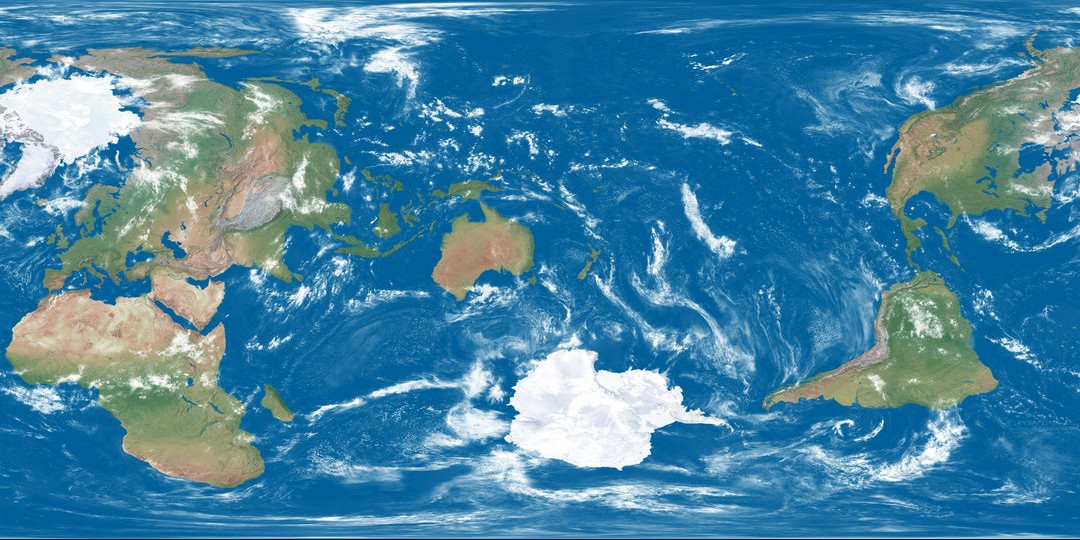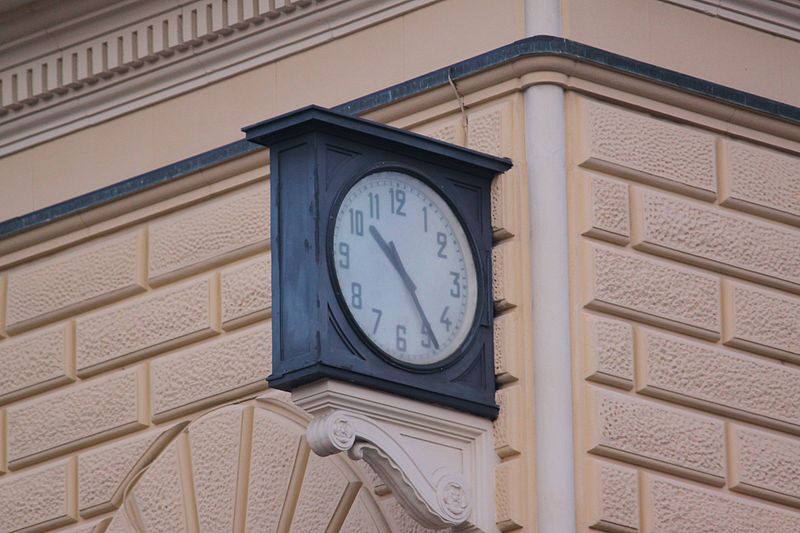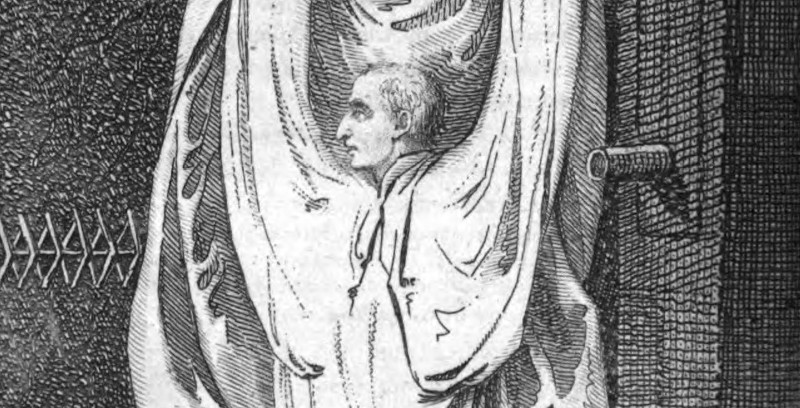Before the 19th century, containers did not come in standard sizes, and students in the 1400s were taught to “gauge” their capacity as part of their standard mathematical education:
There is a barrel, each of its ends being 2 bracci in diameter; the diameter at its bung is 2 1/4 bracci and halfway between bung and end it is 2 2/9 bracci. The barrel is 2 bracci long. What is its cubic measure?
This is like a pair of truncated cones. Square the diameter at the ends: 2 × 2 = 4. Then square the median diameter 2 2/9 × 2 2/9 = 4 76/81. Add them together: 8 76/81. Multiply 2 × 2 2/9 = 4 4/9. Add this to 8 76/81 = 13 31/81. Divide by 3 = 4 112/243 … Now square 2 1/4 = 2 1/4 × 2 1/4 = 5 1/16. Add it to the square of the median diameter: 5 5/16 + 4 76/81 = 10 1/129. Multiply 2 2/9 × 2 1/4 = 5. Add this to the previous sum: 15 1/129. Divide by 3: 5 1/3888. Add it to the first result: 4 112/243 + 5 1/3888 = 9 1792/3888. Multiply this by 11 and then divide by 14 [i.e. multiply by π/4]: the final result is 7 23600/54432. This is the cubic measure of the barrel.
Interestingly, this practice informed the art of the time — this exercise is from a mathematical handbook for merchants by Piero della Francesca, the Renaissance painter. Because many artists had attended the same lay schools as business people, they could invoke the same mathematical training in their work, and visual references that recalled these skills became a way to appeal to an educated audience. “The literate public had these same geometrical skills to look at pictures with,” writes art historian Michael Baxandall. “It was a medium in which they were equipped to make discriminations, and the painters knew this.”
(Michael Baxandall, Painting and Experience in Fifteenth Century Italy, 1988.)
04/10/2021 UPDATE: A reader suggests that there’s a typo in the original reference here. If 9 1792/3888 is changed to 9 1793/3888, the final result is 7 23611/54432, which is exactly the result obtained by integration using the approximation π = 22/7. (Thanks, Mariano.)





